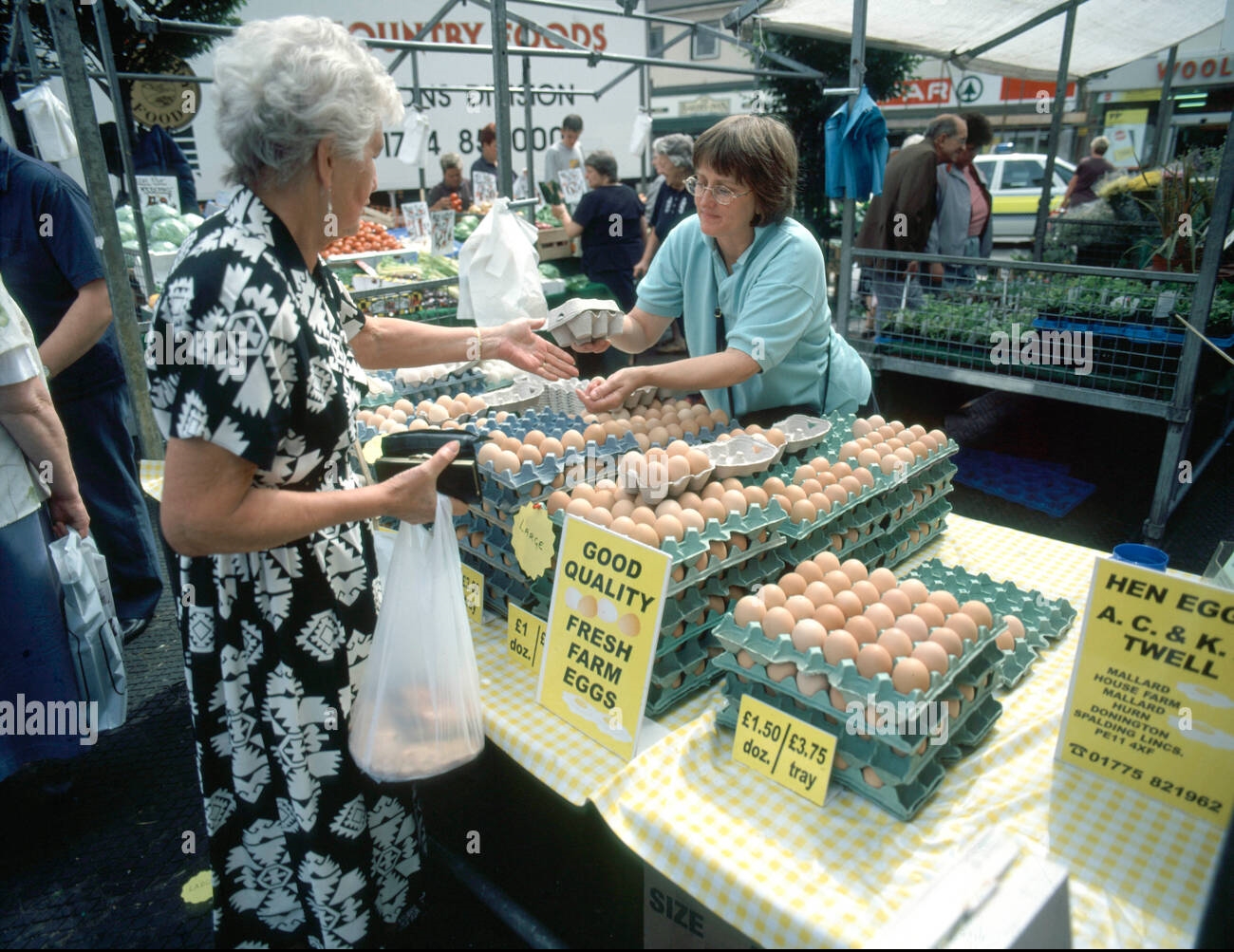
Farmers markets
Farmers markets are a great way for farmers to connect with consumers directly.

Online sales
Many farmers are now selling their products online, either through their own websites or through online marketplaces.
Supporting local farmers: It’ll blow your mind.
Promoting local food systems: Supporting local farmers helps to promote local food systems, which can help to reduce the environmental impact of food production and transportation. By purchasing locally produced food, consumers can reduce the carbon footprint of their food and support more sustainable agricultural practices. Supporting small-scale agriculture: Many local farmers are small-scale operations that rely on community support to stay in business. By buying from local farmers, consumers can help to support these small-scale operations and promote a more diverse and resilient agricultural system. Preserving farmland: When local farmers have a market for their products, they are more likely to stay in business and continue farming their land. This can help to preserve farmland and protect it from development or conversion to other uses.

Freshness: See for yourself.
Freshness is one of the most significant benefits of buying directly from local farmers. When consumers purchase directly from farmers, they get access to fresh, seasonal produce that has been harvested recently. This is because local farmers typically harvest their crops within a day or two of selling them to consumers, meaning that the produce is at its peak freshness and flavor. In contrast, produce that is transported long distances and stored for long periods before being sold may lose some of its flavor and nutritional value. This is because fruits and vegetables start to lose nutrients and flavor as soon as they are harvested. The longer the produce is in transit or storage, the more nutrients and flavor it will lose. When consumers buy directly from farmers, they can be assured that the produce they are getting is at its peak freshness and nutritional value. This means that the produce is likely to be more flavorful and nutritious than produce that has been transported long distances and stored for long periods.

Transparency Needed.
Transparency is an essential aspect of direct-to-consumer sales, and it is one of the main benefits for consumers. When consumers purchase food directly from local farmers, they have the opportunity to learn more about the farming practices used to produce the food they are buying. This is because local farmers are often more willing to engage with consumers and share information about their farming practices. By talking to farmers directly, consumers can ask questions about how their food is grown and raised, including what types of fertilizers and pesticides are used, how animals are treated, and what types of farming practices are used to promote sustainability. This increased transparency can help consumers to make more informed choices about the food they buy and eat, which can be especially important for consumers who are concerned about the environmental impact of food production, animal welfare, or the use of chemicals in agriculture. Moreover, this increased transparency can build trust between farmers and consumers. By providing information about their farming practices, farmers can demonstrate their commitment to producing high-quality, sustainable, and ethically produced food. This can help to foster a sense of community and trust between farmers and consumers, which can be beneficial for both parties.

Shopping Cart
| Product | Price | Quantity | Total | |
|---|---|---|---|---|
| $10.00 | $10.00 | |||
| $10.00 | $10.00 | |||
 |
$10.00 | $10.00 | ||
 |
$20.00 | $20.00 |

